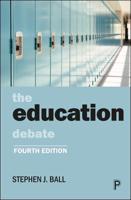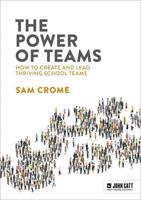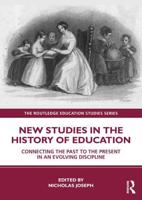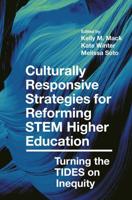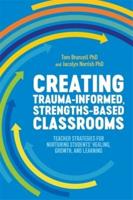Publisher's Synopsis
In many parts of the world, the state education system is accompanied by a shadow system that mirrors the school curriculum. In England, most provision in the shadow system is through private, one-to-one tutoring, offered by those working independently and through local, regional and national agencies. International surveys indicate that shadow education in England is widespread but not as extensive as in many other countries, although there are signs that it may be expanding. Families support their children's learning at home and often employ a tutor to help with their education and to enable them to do well in tests, examinations and transition points in the education system. Parents with higher educational and occupational levels are more likely to do this for their children, especially in preparation for the GCSE examinations. One-to-one tuition is also provided in state-maintained schools through structured programmes for young children and tutorial support for older children. This lecture evaluates the impact on attainment of one-to-one tuition in both the state and shadow systems and argues that while it can be very effective, it is not a panacea. Professor Ireson argues that the overall effects of private tutoring appear limited, though they vary depending on subject and duration, while carefully designed programmes in school enable low attaining young children to achieve expected targets for their age, dependent on the content of tutorial sessions and the quality of tutoring. This lecture comes at a time when funding is being devolved and schools will need to make important decisions about provision of one-to-one tuition which, when combined with after school clubs, revision classes and booster sessions, provide opportunities that are accessible to all, including students from less advantaged backgrounds.

